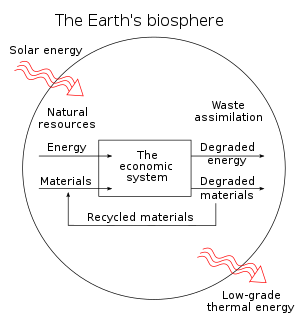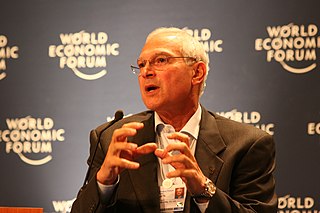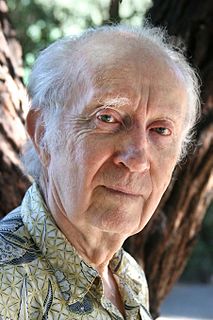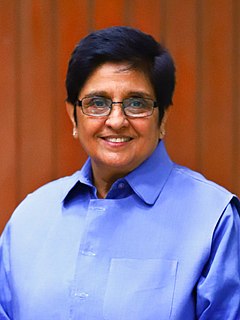A Quote by Herman E. Daly
But the macro-economy is not the Whole. It too is a Part, a part of the larger natural economy, the ecosphere, and its growth does inflict opportunity costs on the finite Whole that must be counted.
Related Quotes
"Pieces" almost always appear 'as parts' in whole processes. ... To sever a "'part" from the organized whole in which it occurs-whether it itself be a subsidiary whole or an "element"-is a very real process usually involving alterations in that "part". Modifications of a part frequently involve changes elsewhere in the whole itself. Nor is the nature of these alterations arbitrary, for they too are determined by whole-conditions.
Over and over, the economy has determined the extent of our response, but how much value does it place on breathable air, drinkable water, edible food and stable weather and climate? Surely the economy is the means to a better future, not an end in itself. Surely it must be subordinate to a rich, diverse ecosphere that sustains all life.
Growth is the mantra of our society because the economy can't remain healthy without growth.Impregnable monopolies aside (and these are few), profits are both the hallmark of capitalism and its Achilles heel, for no business can permanently maintain its prices much above its costs. There is only one way in which profits can be perpetuated; a business-or an entire economy-must grow.
I think capitalism will not disappear, but it's going to increasingly not be the exclusive arbiter of economic life. It's going to have to find value in interacting with the sharing economy on many levels. And this hybrid system that's already emerging among millennials is going to be a mature system where, by midcentury, part of the day will be in the capitalist market, part of the day in the sharing economy, depending on your marginal costs.
Our consumer-oriented economy wouldn't survive without economic growth. The whole mechanism depends on invention and insinuation of novelties, arousing new wants, seduction and temptation. This is the problem we face - much more than recapitalizing the banks. The question is: Is that kind of economy sustainable?
... placing economic activity in the context of the whole earth requires attention to the question of scale. Bigger is obviously not better, so the optimum scale of human economy in relation to the total economy becomes basically a question of sustainability. When the effects of the economy on the environment undercut the possibility of its own continuance, the scale is too large.
When you take away the subsistence economy, then your farm population is seriously exposed to the vagaries of the larger economy. As it used to be, the subsistence economy carried people through the hard times, and what you might call the housewife's economy of cream and eggs often held these farms and their families together.





































